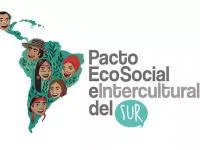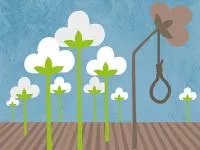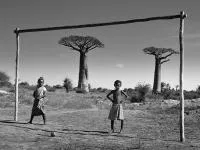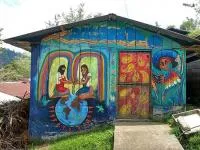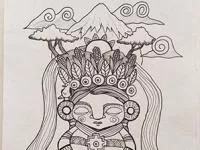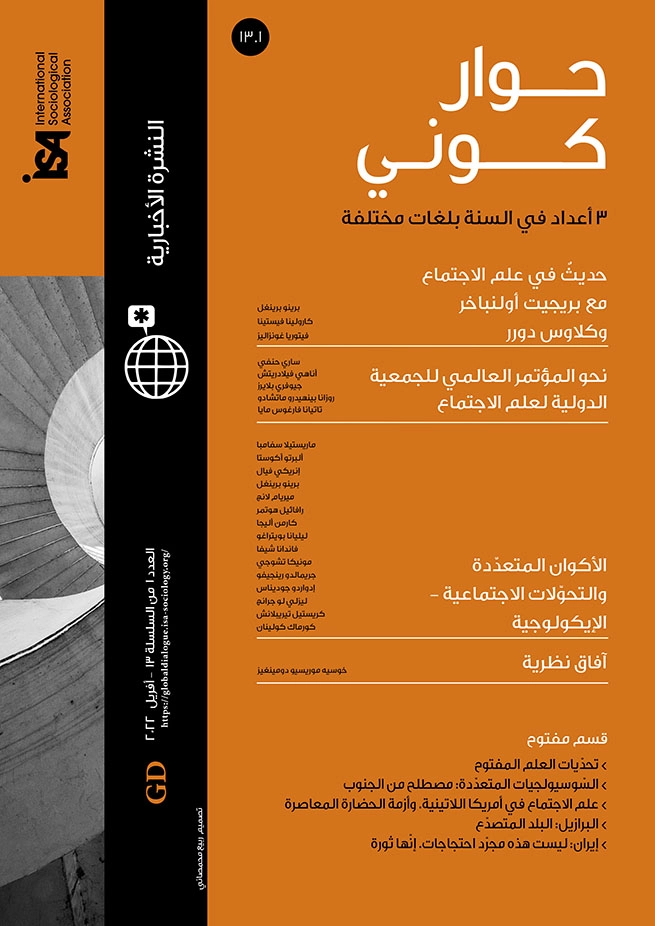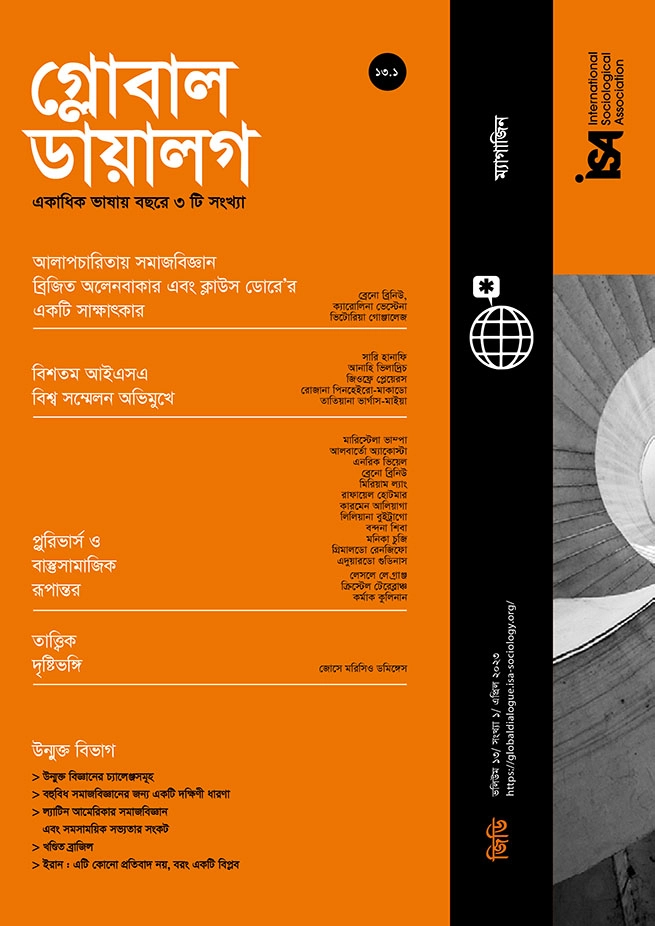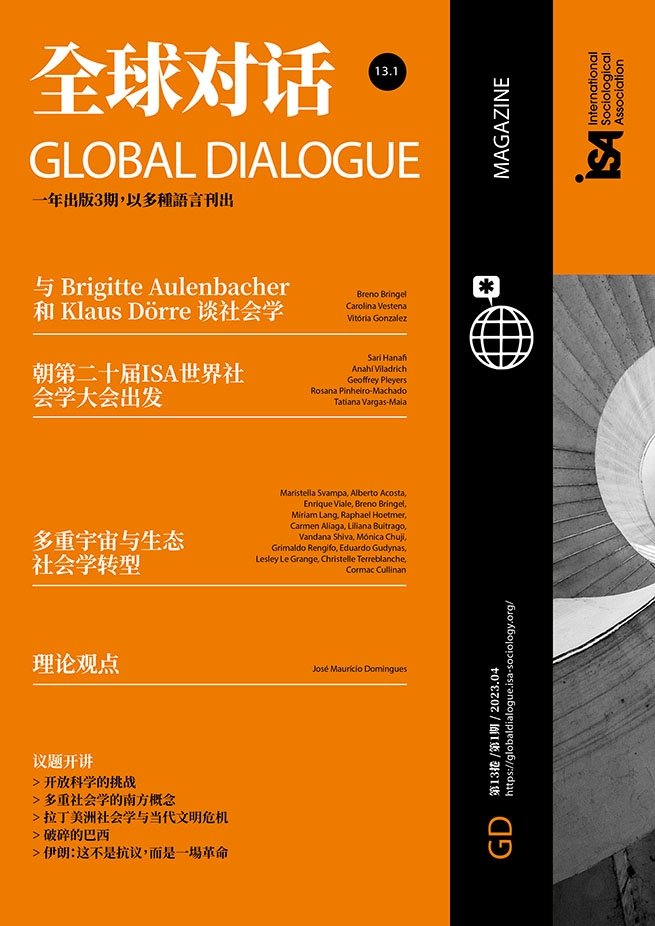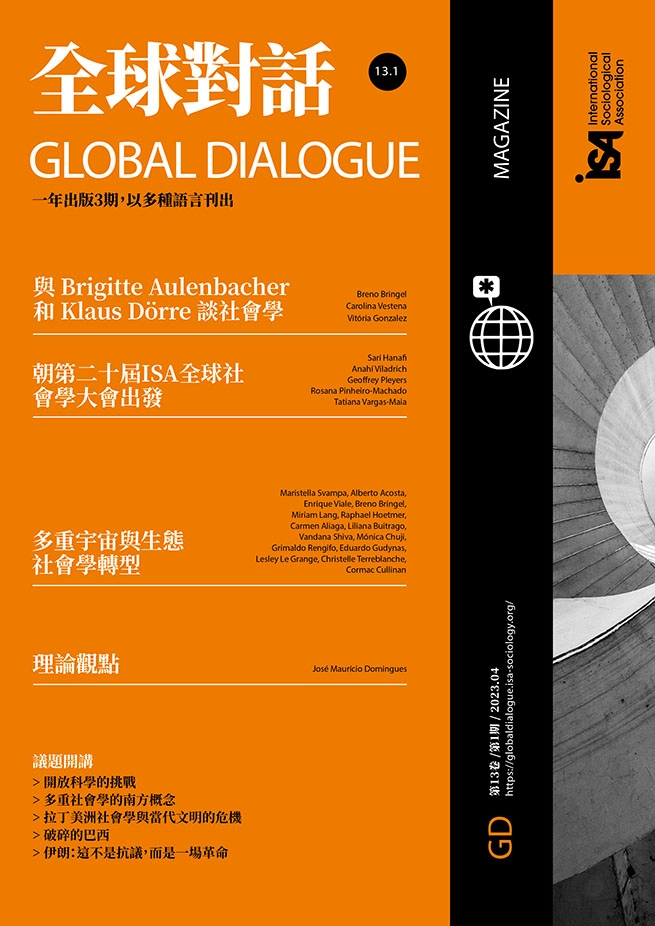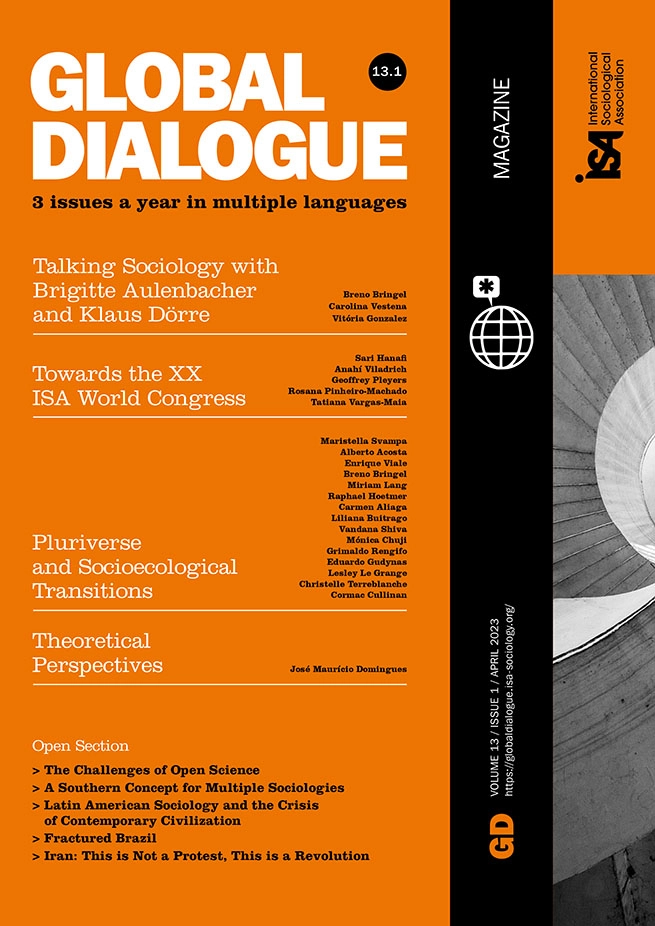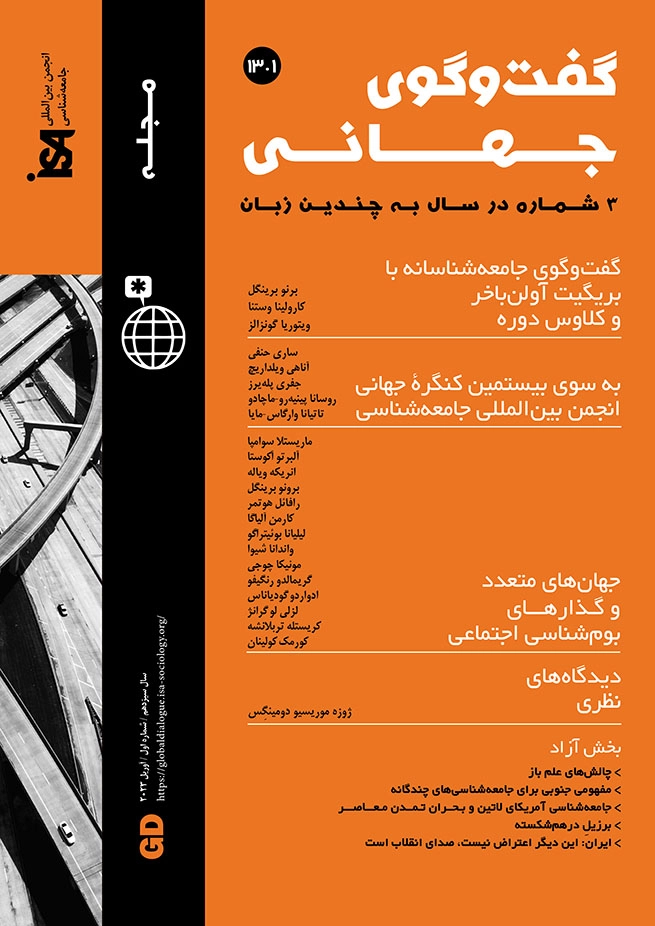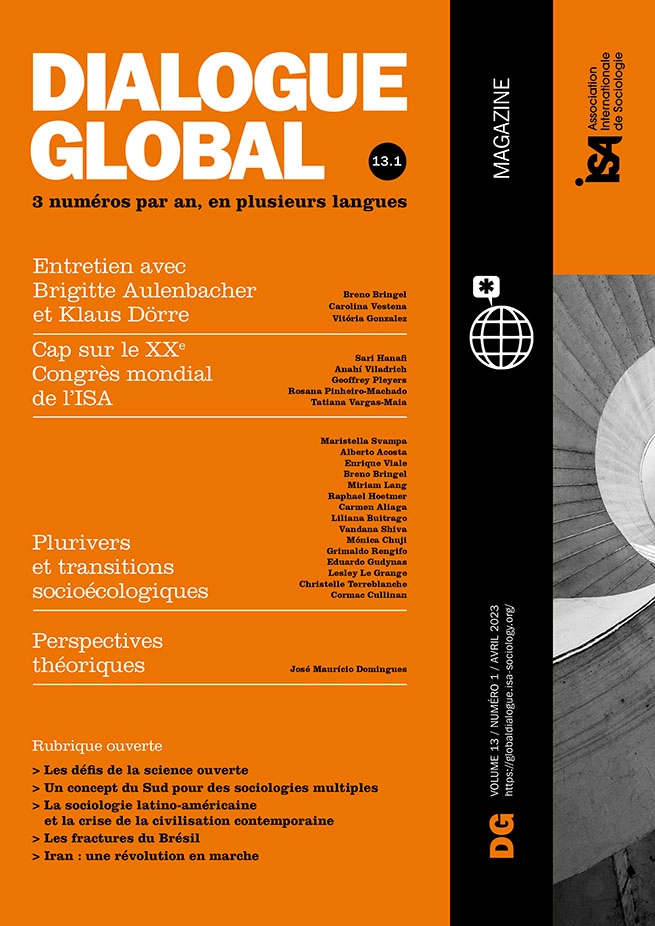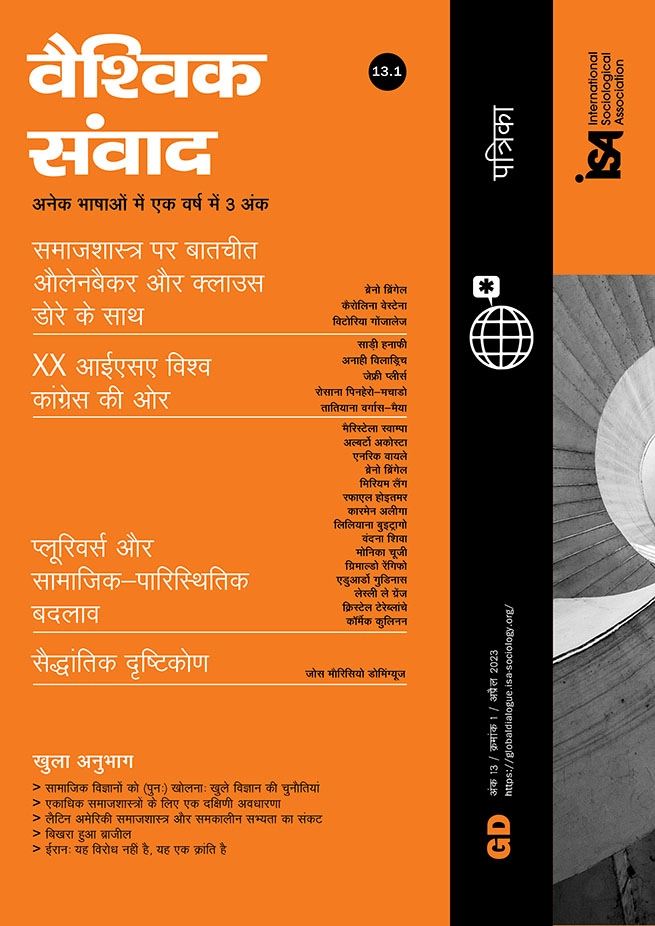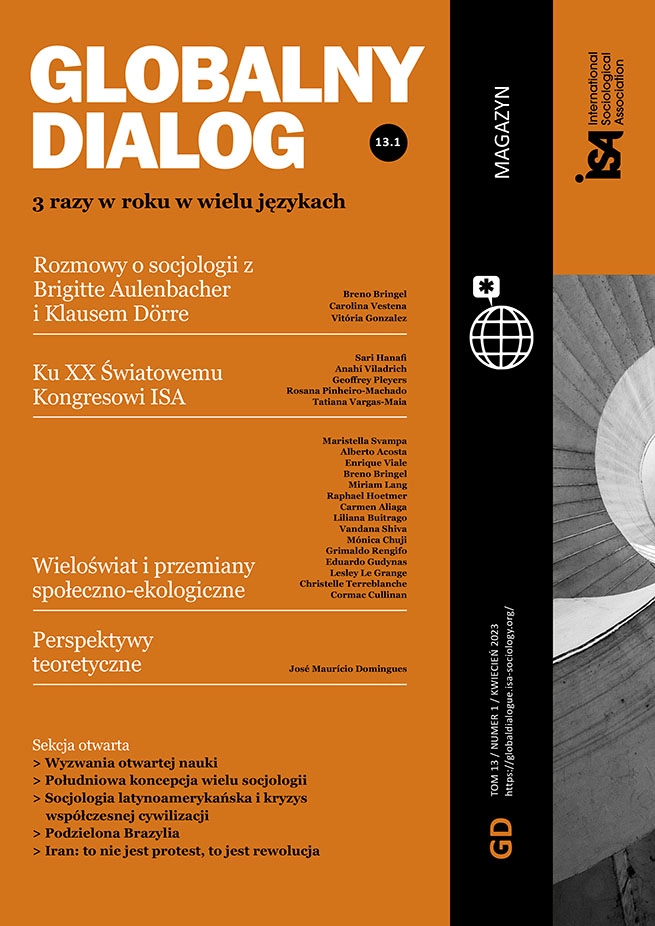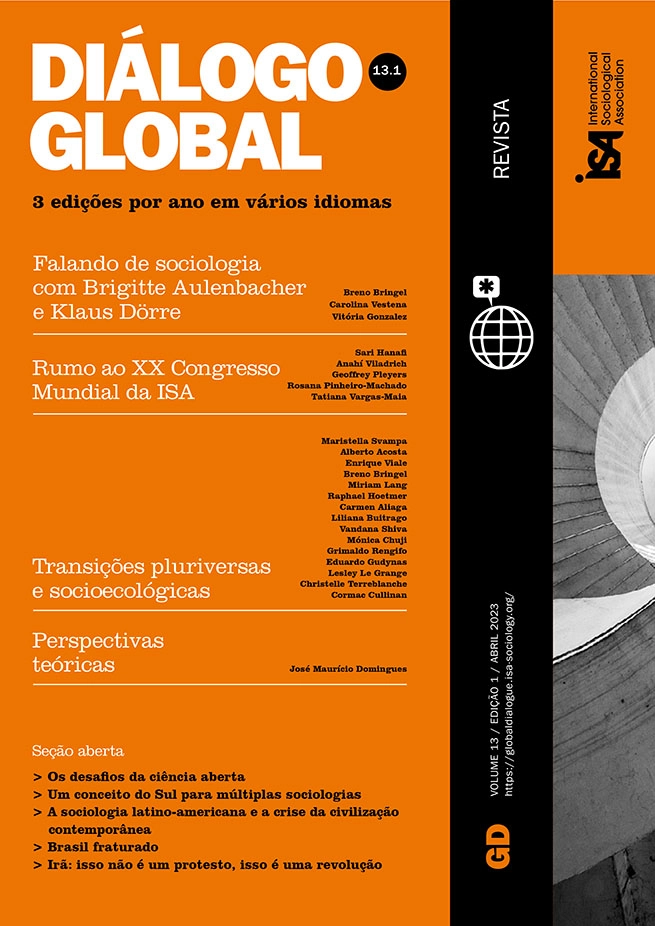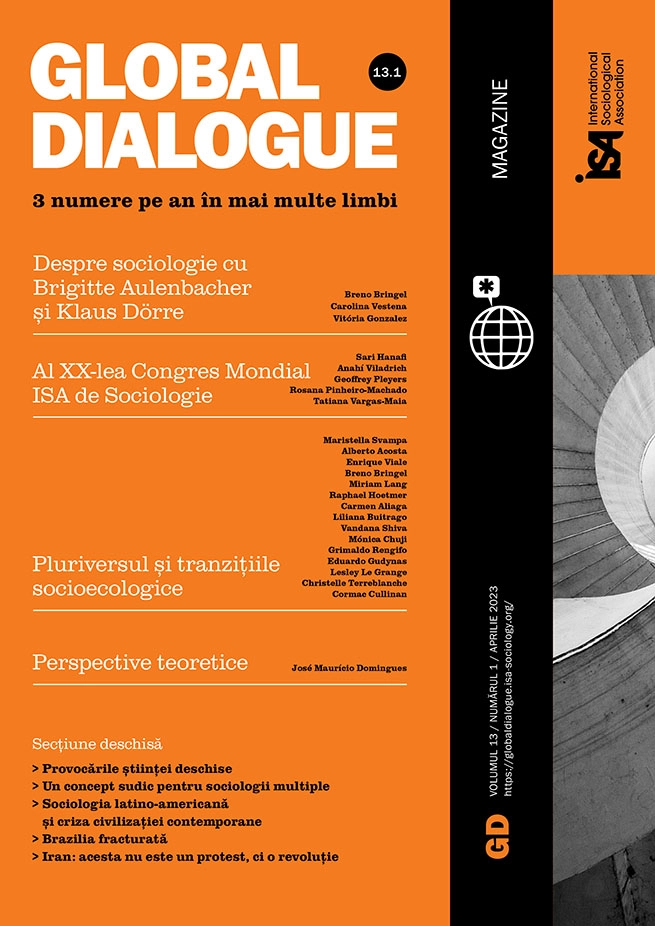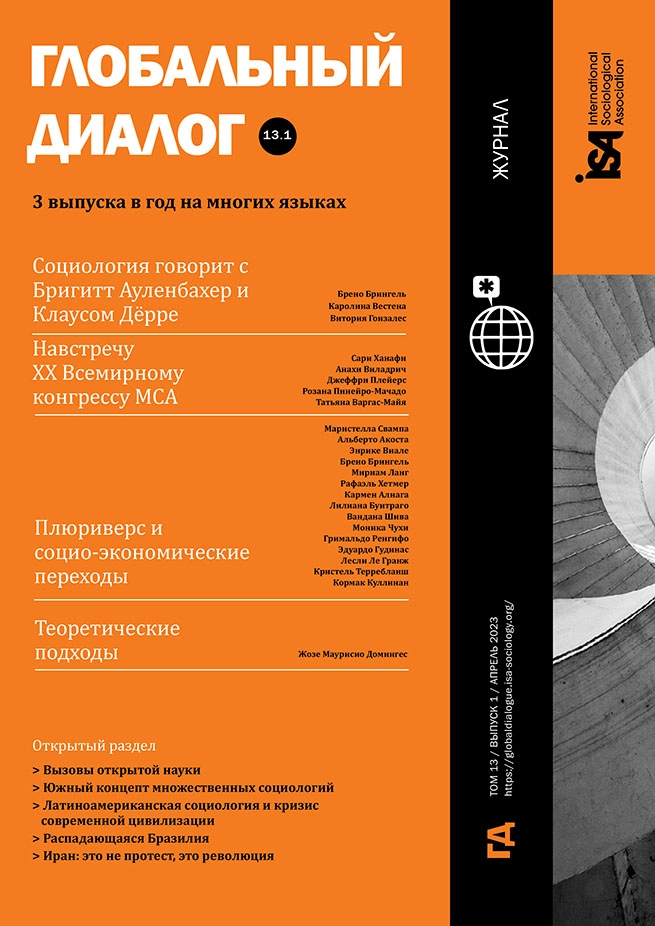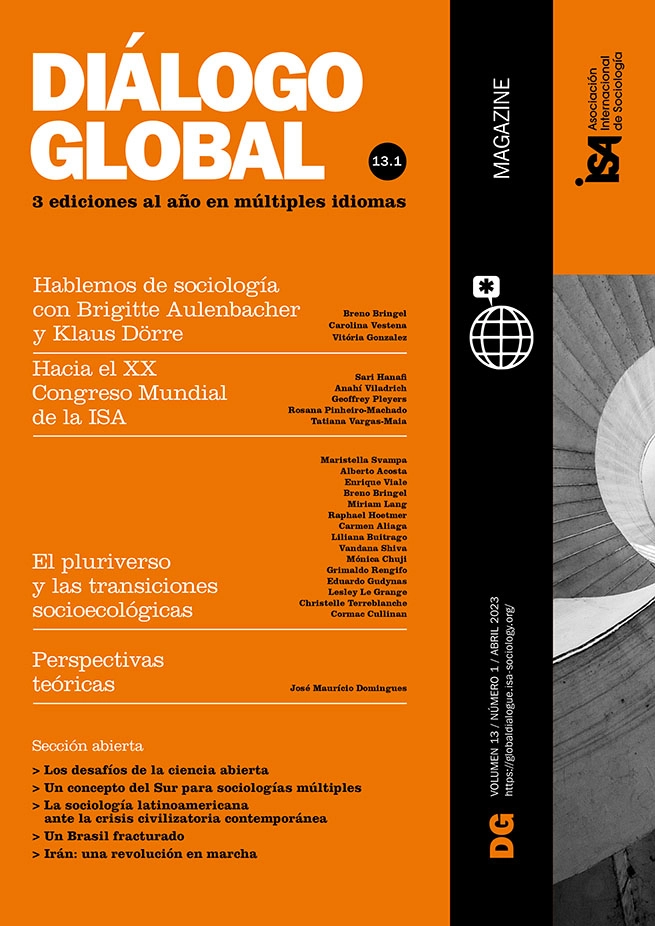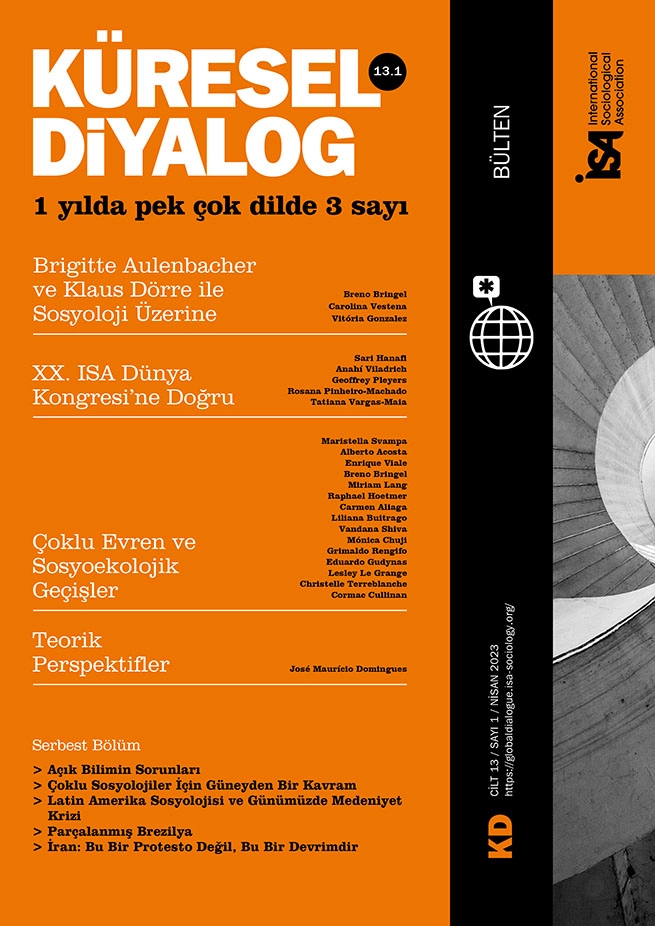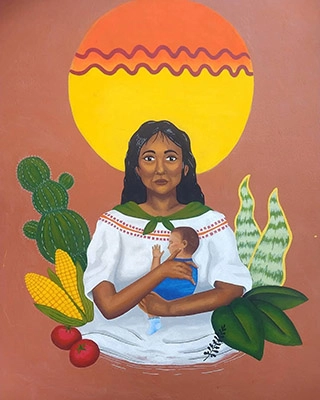The category of buen vivir or “living well” expresses an ensemble of South American perspectives which share a radical questioning of development and other core components of modernity, while at the same time offering alternatives that reach beyond it. It is not akin to the Western understanding of well-being or the good life, nor can it be described as an ideology or culture. It expresses a deeper change in knowledge, affectivity, and spirituality: an ontological opening to other forms of understanding the relation between humans and non-humans which do not imply the modern separation between society and nature. It is a plural category that is under construction and takes specific forms in different places and regions. It is heterodox in that it hybridizes indigenous elements with internal critiques of modernity. References to the ideas of buen vivir have been recorded since the mid-twentieth century, but its current meanings were enunciated in the 1990s.
Important in this regard were the contributions of the Proyecto Andino de Tecnologías Campesinas (Andean Project of Peasant Technologies) in Peru; the Centro Andino de la Agricultura y el Desarrollo Agropecuario (Andean Centre for Agriculture and Livestock Development in Bolivia); and different intellectuals, as well as social and indigenous leaders, among whom Alberto Acosta stands out, in Ecuador. A wide range of social movements have supported these ideas, which brought about political changes in Bolivia and Ecuador, and achieved constitutional recognition. Buen vivir includes different versions specific to each social, historical and ecological context. These come about through innovation, and the linking and hybridization of concepts stemming from indigenous traditions with critical postures within modernity itself. Among these are the Aymara’s suma qamaña, the Bolivian Guarani’s ñande reko, sumak kawsay, the Ecuadorian Kichwa’s allin kawsay, and the Peruvian Quechua’s allin kawsay. The Ecuadorian/Peruvian shür waras and the Chilean Mapuche’s küme morgen are analogous concepts. Among Western contributions are the radical critiques of development, including post-development; the recognition of the coloniality of power and knowledge; feminist critiques of patriarchy; alternative ethics that recognize the intrinsic value of the non-human; and environmental visions such as deep ecology.
There is no single buen vivir; for example, Ecuador’s sumak kawsay is different from Bolivia’s suma qamaña. In the former case, approximate translations to Western categories refer to the art of good and harmonious living in a community, although defined in social and ecological dimensions at the same time. Meanwhile, the latter case also addresses living together in mixed communities but in specific territories. Similarly, it is as incorrect to say that buen vivir is exclusively an indigenous proposition, as it is to say that it implies returning to a pre-colonial condition; although these contributions are essential to its construction.
There are shared components beyond the diversity of the category (Gudynas 2011). All of the perspectives question the concept of progress and the notion of a single universal history. They are open to multiple, parallel, non-linear, and even circular, historical processes. They question development because of its obsession with economic growth, consumerism, the commodification of nature, and so on. This critique spans capitalist as well as socialist varieties of development. From this perspective, speaking of a socialist buen vivir makes no sense. The alternatives are both post-capitalist and post-socialist, disengaging from growth, and focusing on the complete satisfaction of human needs from the standpoint of austerity. Buen vivir displaces the centrality of humans as the sole subject endowed with political representation and as the source of all valuation.
This implies an ethical opening up (by recognizing the intrinsic value of non-humans, and the rights of nature), as well as a political opening up (the acceptance of non-human subjects). It confronts patriarchy, even at the heart of rural and indigenous domains, postulating feminist alternatives that revive the key role of women in the defense of communities and nature. The modern separation between humanity and nature is also challenged: buen vivir acknowledges extended communities made up of humans and non-human animals, plants, mountains, spirits, and so forth, in specific territories. An example of this is the Andean concept of ayllu: mixed socioecological communities rooted in a specific territory.
Buen vivir rejects all forms of colonialism and keeps a distance from multiculturalism. It upholds, instead, a type of interculturality that values each tradition of knowledge, thus postulating the need to refound politics on the basis of plurinationality. Buen vivir bestows substantial importance upon affectivity and spirituality. Relationships in extended communities are not restricted to market exchanges or utilitarian links; instead, they incorporate reciprocity, complementarity, communalism, and redistribution, among other qualities.
The ideas behind buen vivir have been the subject of a harsh critique. Some consider that they reflect an indigenous reductionism, while others affirm that, in actuality, they are a New Age invention. Intellectuals from the conventional left have maintained that they are a distraction from the true objective, which is not alternatives to development, but alternatives to capitalism; they also reject the intrinsic value of non-humans. Despite these arguments, buen vivir ideas have achieved strong and widespread support within Andean countries. From there, they have spread rapidly throughout Latin America and the global scene, providing the basis for specific alternatives to development, as in the constitutional recognition of the rights of nature and of the Pacha Mama; moratoria on Amazon drilling; models for transitions to post-extractivism; or cosmopolitics based on the participation of non-human actors.
The sharp contradiction between these original ideas of buen vivir and the development strategies of the Bolivian and Ecuadorian governments, which have promoted extractivist practices like mega-mining or Amazonian oil extraction, has become evident. Such “progressive” regimes have attempted to surmount these contradictions via new definitions of buen vivir, whether as a type of socialism in Ecuador, or as integral development in Bolivia, thus placing it within modernity. These positions have been supported by some state agencies, intellectuals, and non-South American intellectuals who, despite their intentions, are only enacting the coloniality of ideas. Despite everything, the original ideas of buen vivir have been maintained. They continue to nourish social resistance to conventional development; for instance, in the case of the indigenous and citizen demonstrations in Bolivia, Ecuador, and Peru in defense of territory, water, and Mother Earth. This demonstrates that buen vivir in not limited to a few intellectuals and NGOs, but that it has garnered a high level of popular support.
To sum up, buen vivir is an ongoing proposal, nourished by different movements and activists, with its advances and setbacks, innovations and contradictions. It is inevitably under construction as it is not easy to move beyond modernity. It must necessarily be plural as it encompasses positions that question modernity while opening up other ways of thinking, feeling, and being – other ontologies – rooted in specific histories, territories, cultures, and ecologies. However, there are clear convergences within this diversity that distinguish it from modernity, such as rejection of modernity’s belief in progress, the acknowledgement of extended communities stemming from relational worldviews, and an ethics that accepts the intrinsic value of non-humans.
Mónica Chuji, Amazonian Kichwa intellectual, former Minister of Communication, Ecuador / Twitter: @Monicachuji
Grimaldo Rengifo, Proyecto Andino de Tecnologías Campesinas (PRATEC), Peru / Twitter: @PratecPRA
Eduardo Gudynas, Centro Latinoamericano de Ecología Social (CLAES), Uruguay / Twitter: @EGudynas
